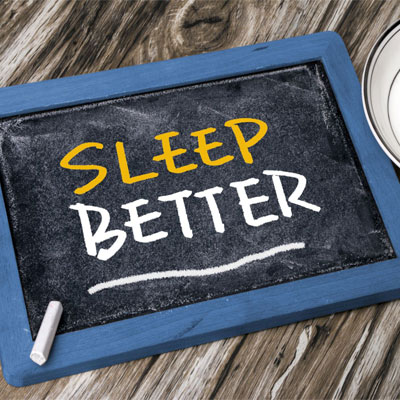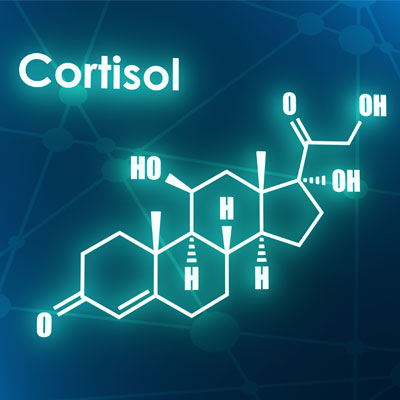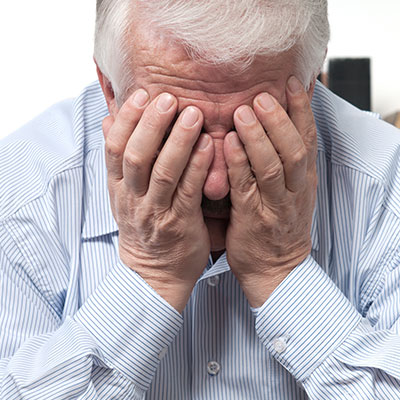Can Low Testosterone Cause Insomnia?
Contents
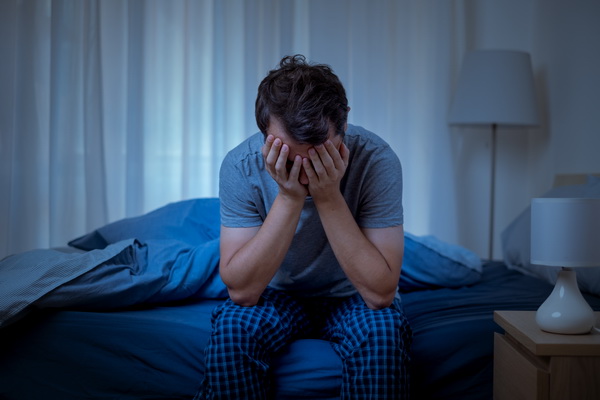
Several recent studies have shown a connection between insomnia, or poor or disturbed sleep, and a drop in testosterone levels. There is also evidence that the reverse is true — men with low testosterone tend to suffer from insomnia and other sleep disorders more often than men who have normal testosterone levels.
Most men think that once you are over 40, insomnia is just part of the normal aging process. Between working full days at the office, dealing with budgeting, and the everyday stressors of raising a family, it is not uncommon for middle-aged men to suffer from lack of sleep and feel fatigued and exhausted throughout the day.
However, chronic insomnia can be a serious condition that men should not ignore. In fact, current research seems to indicate that chronic poor or disturbed sleep may be a sign of low testosterone.
According to the National Sleep Foundation, adults in their late 20s and early 60s should average 7 to 9 hours of undisturbed sleep per night. If you’re falling well below this range, you may have an imbalance of hormone production which can lead to low testosterone.
Studies have also found that the link between sleep and testosterone goes both ways, which means that one of the symptoms of low testosterone is poor or disturbed sleep.
Can Low Testosterone Cause Insomnia?
When doctors find a relationship between two conditions, such as we know now exists between low testosterone and insomnia, they do not like to speak in terms of causes but “links.” So, while we cannot say definitively that low testosterone “causes” insomnia, the two conditions are definitely linked with one influencing the other and vice-versa.
What Is Sleep Apnea?
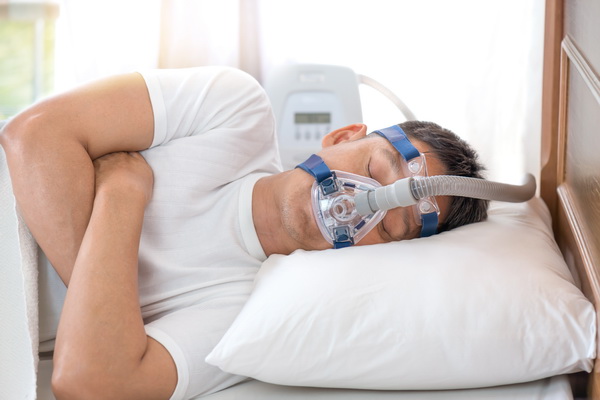
OSA is a condition where you stop breathing for brief intervals during the night. The condition is marked by loud snoring, which occurs as the person with sleep apnea gasps for air. Sleep apnea is more common in men than women. It is also more common in men who are overweight.
Is There a Relationship Between Sleep Apnea and Low T?
The link between restful sleep and testosterone has been long known. We know that testosterone production rises during sleep. In particular, testosterone levels increase during deep or REM sleep.
Men with sleep apnea are awakened so often during the night that they miss out on critical periods of REM sleep. That lack of deep sleep inhibits testosterone production and can lead to low T. In addition, according to Rowena A. DeSouza, MD, a sleep researcher with the University of Texas Health Science Center at Houston, “The link actually goes both ways. Low testosterone can cause sleep disturbance, and sleep disturbance can cause low testosterone. It can become a vicious cycle.”
So how does insomnia lead to Low-T? It is not only that lack of sleep interferes with normal testosterone production; poor sleep, as happens in men with OSA, also raises the stress hormone cortisol. We, in the practice of hormone optimization, know that cortisol is a testosterone killer! Cortisol as a testosterone antagonist. The higher your cortisol level, the lower your testosterone level will be.
How Is Low Testosterone Treated?
Low testosterone is treated with testosterone replacement therapy. Testosterone replacement therapy is a prescription medical treatment that is designed to bring your testosterone levels back into the normal range.
Testosterone replacement therapy can be given in several ways, but our doctors have found that prescription testosterone injections are the safest and most effective form of testosterone therapy.
Can Testosterone Therapy Improve Sleep?
The good news is that for men who have been diagnosed with low testosterone and are also suffering from insomnia, testosterone therapy has been shown to improve sleep.
One of the known yet perhaps understated benefits of testosterone replacement therapy is improved sleep. We know that for men with low testosterone, testosterone therapy improves sexual function, helps to build muscle, and renews strength and energy. One of the other well-documented benefits of testosterone replacement is it helps men who have been having trouble sleeping due to low T.
In reality, the fact that increasing your testosterone can improve sleep may very well be one of the most important benefits of testosterone replacement. If you are chronically tired due to lack of sleep, you may fail to realize any of the other critical benefits that you can expect from testosterone therapy.
What Does the Medical Research Say About Low T and Insomnia?
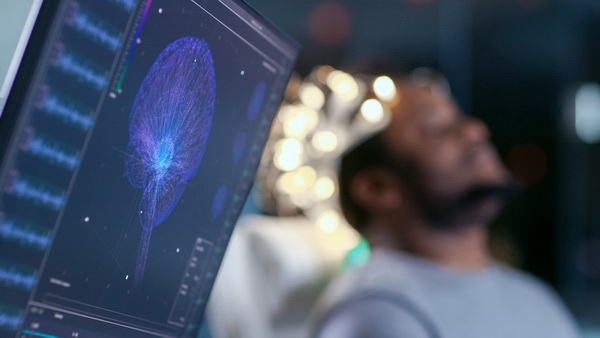
The study found that their daytime testosterone levels decreased by 10 to 15 percent. The lowest testosterone levels were in the afternoon and evening. The study also found a progressive loss of energy over the week of sleep deprivation.
A follow-up study in 2014, this one published in The Asian Journal of Andrology, concluded that “Various disorders of sleep including abnormalities of sleep quality, duration, circadian rhythm disruption, and sleep-disordered breathing result in a reduction in testosterone levels.” The study further found that testosterone replacement therapy does not exacerbate obstructive sleep apnea and that “Low testosterone affects overall sleep quality which is improved by replacement doses.”
A 2015 study published in the journal Clinical Endocrinology found that in men who were experiencing stress or “lifestyle” related sleep loss, three days of “catch-up” sleep was able to raise their testosterone levels.

